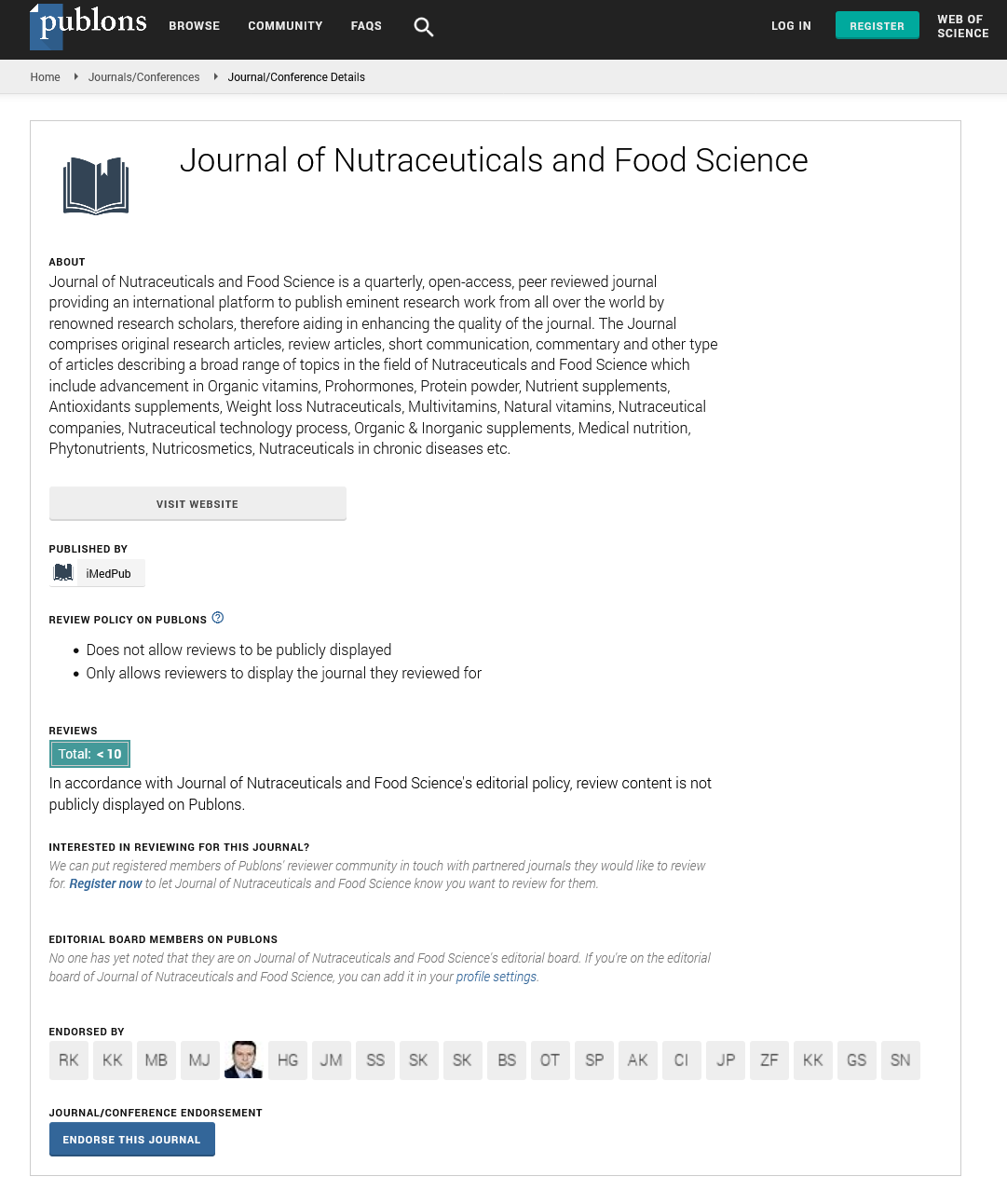Abstract
Biotechnology in the Food Industry
Much recent advancement in the food business demonstrates the importance of food biotechnology. Taste, shell life, nutrition, and food quality are all improved by genetically modified plants and animals. GM yeast and bacteria, on the other hand, are employed to manufacture enzymes for the food industry. Biotechnological approaches, specifically genetic engineering, are used to create these GM foods. The goal of genetic engineering is to insert a foreign gene of interest into a living creature. The goal of this foreign gene introduction is to improve the quality and quantity of food. As a result, these strategies can be utilised to alleviate hunger among the impoverished of the third world, particularly in Africa. There are certain concerns, in addition to the beneficial elements. We are altering DNA that can be beneficial, detrimental, or neutral, resulting in a variety of unforeseen outcomes. These outcomes could include health issues. Some people are opposed to food biotechnology because of these issues. Food biotechnology is also opposed by naturalists. They believe that genetic engineering is interfering with nature. Biotechnological tools are used to create genetically modified food. Genetic engineering, genetic modification, and transgenic technology are all terms used to describe modern biotechnology. Nuclear DNA is changed with this approach by inserting a gene of interest (gene encoding desired trait). Recombinant DNA is the name given to this changed DNA. Recombinant DNA encodes the desired product when it expresses. Food technology refers to technology that is used to improve the quality or yield of food.
Author(s):
Rebecca Wilson
Abstract | PDF
Share this

Google scholar citation report
Citations : 393
Journal of Nutraceuticals and Food Science received 393 citations as per google scholar report
Journal of Nutraceuticals and Food Science peer review process verified at publons
Abstracted/Indexed in
- Google Scholar
- Publons
- Secret Search Engine Labs
Open Access Journals
- Aquaculture & Veterinary Science
- Chemistry & Chemical Sciences
- Clinical Sciences
- Engineering
- General Science
- Genetics & Molecular Biology
- Health Care & Nursing
- Immunology & Microbiology
- Materials Science
- Mathematics & Physics
- Medical Sciences
- Neurology & Psychiatry
- Oncology & Cancer Science
- Pharmaceutical Sciences


